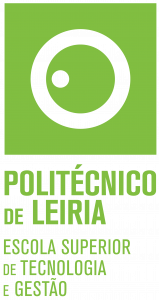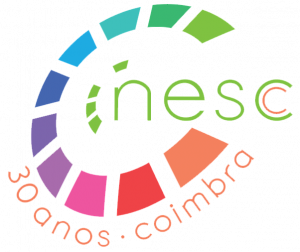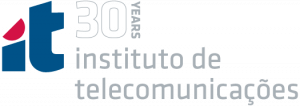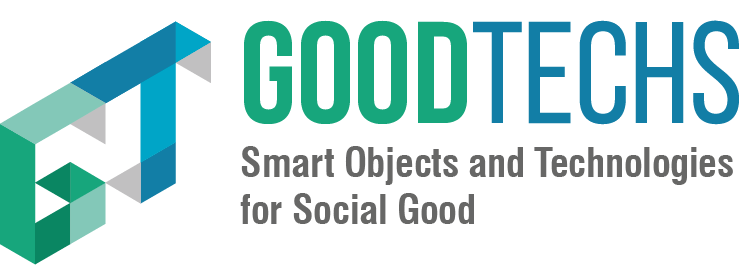
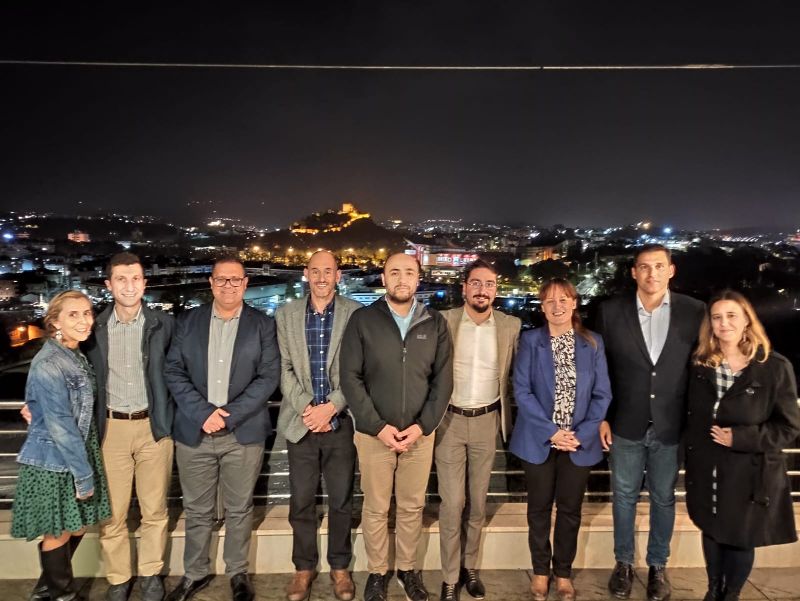
Thank you for participating at GoodTechs 2023!





Discover Full Program
Discover Full Program

Find out more about EAI Index
Let the EAI Community help you build your career with collaborative research, objective evaluation, and fair recognition:
Proceedings have been published in SpringerLink Digital Library.
Social goods are commodities and services offered by nonprofit organizations, the government, or private businesses. They are advantageous to several populations with demands, such as chronic patients, athletes, or older people. Health care, safety, sports, the environment, democracy, computer science, and human rights are all examples of social goods.
Technology now plays a significant role in creating socially beneficial solutions that encourage the support of various processes, such as physical activity, air quality, or temperature. The present global coronavirus pandemic scenario emphasizes the crucial significance of sensors (such as those) that can aid in diagnosing, following up, and treating various illnesses. Computer science is the cornerstone of this multidisciplinary area.
Another example of a supporting technology that uses several sensors is mobile devices (such as smartphones, tablets, and smartwatches). These little gadgets include an accelerometer, magnetometer, gyroscope, microphone, or Global Positioning System (GPS) receiver. These sensors may be utilized to build various solutions with various capacities for enhancing the outcomes of social-good solutions. These systems must be accurate and have a performance analysis to be accepted.
Additionally, intelligent environments have opened the way for ubiquitous sensors that can monitor our immediate surroundings, such as door sensors, touch sensors, motion sensors, and light sensors. These sensors can aid in the identification of many behavioral aspects. Social networks and human-computer interaction facilitate the development of various chances and solutions for the many organizations that can gain from social-good solutions. Different technology and architectural styles can be used in various contexts. For example, low-cost physiological sensors (such as electroencephalography, electrocardiography, and electromyography) can be key enablers for monitoring patients in disaster or developing nations.
The development of medical treatments that help the early detection of various ailments is facilitated by sensory systems. Additionally, the Internet of Things, Smart Cities, Distributed Sensing, and Fog Computing are exemplary examples of new information and communication technologies (ICT) paradigms that seek to describe a dynamic and globally cooperative infrastructure based on the intelligence and self-configuring abilities of objects.
Technology is developing quickly, opening new possibilities for creating ICT technologies for well-being. Along with expanding m-Health and e-Health, innovative Social good solutions that promote healthy lives and active coaching to avoid bad behaviors can be developed. This extremely diverse area and a vast issue to promote universal health and well-being practices is presently the focus of several solutions being developed.
Since we are interested in cutting-edge experiences with the design, development, deployment, operation, and evaluation of smart objects and technologies for Social Good, we are interested in those at the GOODTECHS conference. We are considering all possible outcomes and points of view in this evolution, including those regions where ICT use is now lower, in the hopes that it could provide a chance for social advancement. The European Alliance supports the event for innovation and is a preeminent neighborhood-based group focused on advancing change in the ICT industry.
We welcome contributions from the following fields:
All registered papers will be submitted for publishing by Springer and made available through SpringerLink Digital Library.
Proceedings will be submitted for inclusion in leading indexing services, such as Web of Science, Compendex, Scopus, DBLP, EU Digital Library, IO-Port, MatchSciNet, Inspec and Zentralblatt MATH.
All accepted authors are eligible to submit an extended version in a fast track of:
Additional publication opportunities:
This event is organized by EAI.
EAI – European Alliance for Innovation is a non-profit organization and a professional community established in cooperation with the European Commission to empower the global research and innovation, and to promote cooperation between European and International ICT communities.
EAI’s vision is to foster excellence in research and innovation on the principles of transparency, objectivity, equality, and openness. Our guiding principle is community cooperation to create better research, provide fair recognition of excellence and transform best ideas into commercial value proposition.
EAI‘s mission is to create an environment that rewards excellence transparently, and builds recognition objectively regardless of age, economic status or country of origin, where no membership fees or closed door committees stand in the way of your research career.
Through these shared values, EAI leads the way toward advancing the world of research and innovation, empowering individuals and institutions for the good of society to fully benefit from the digital revolution.
2022 – Virtual conference
2021 – Virtual conference
2020 – Virtual conference
2019 – Valencia, Spain
2018 – Bologna, Italy
2017 – Pisa, Italy
2016 – Venice, Italy
2015 – Rome, Italy

